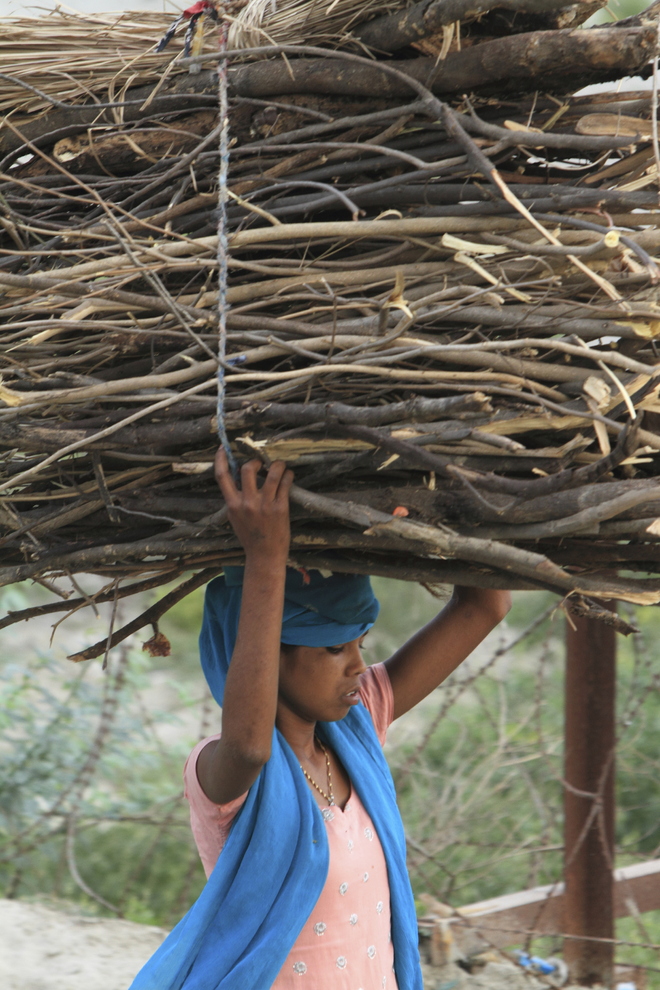
Financial hegemony and global control threaten the future of humanity in India Thinkstock
Shelley Walia
Strange indeed are the ways of poetry and poets — both are unpredictable in terms of emergence and movement. Think of Bhim S. Dahiya who during the major part of his life traversed areas of teaching, research, politics and a fearless critiquing of what he found wrong.
His recent collection of 340 sonnets underscores his preoccupation with the complex and daunting task of a poet: ‘Now that I fling a fat volume of poems on whoever would care to read poetry in these unpoetic times, more given to business than to leisure, it is likely to arouse surprise, even suspicion among friends, and an abject indifference among the mass of mankind hard to motivate for reading “reflections” of an “idle mind.”’ In this description, the issue is sufficiently well problematised.
There are no poets today, he suggests realistically, since men and women are busy doing business, as also that mere reflections do not arouse curiosity. Are times indeed unpoetic? And if they are, who is to blame? Dahiya’s poems go headlong into these issues of enquiry and offer powerful confirmation of his political concerns. In particular, as he has stated, ‘Leisure today is under constant threat.’
The sonnets in the book use a rhyme scheme where rhyming itself stands sidelined to the advantage thus gained from a response that is centrally poetic. There is no premeditation, nor any inclination to create a thing of beauty through words. This has lent freshness to the creative effort. Dahiya surrenders to the moment of composition, the moment demanding an explanation or a comment from him relevant to what emerges from the existing social or political milieu, bringing to his perceptions a marked spontaneity. Some sonnets in the book assert a moral, a number of others register a sense of shock, and still others meditate on the contemporary cultural environment unfolding before us.
These are angry experimental poems, a rich resource for the diagnosis of the supremely pathological occupations under the cover of freedom and democracy, foregrounding a serious and a concerted crusade to head off the present state of the world, endangered by distraught nationalism, tribal hatred, and religious and ethnic fanaticism.
The variety of poems like Who is the Brute Indeed?, In This Worst of all Crimes, Peasants Commit Suicide in Distress, Then Quickly Spread the Revolution, I Would Rather Go With Aristotle, and To Outlive the Destructions of Time express a sense of angst at the all-pervasive cynicism, viciousness, and irrational pursuit of power and profit that are a malaise of contemporary reality. In addition, under the conditions of deprivation faced by the peasantry in independent India at the hands of a ruthless predatory system underpinned by the ideology of neoliberalism and market-driven economy, we see ourselves faced by the forfeiture of ancient wisdom, worship of the elements and the death of historical consciousness. Financial hegemony and global control threaten the future of humanity. The poet indeed has a strident and a clear position on such concerns.
In Sonnet 20, Dahiya focuses on the wretchedness of rape:
‘Rapists heed not the cries of crushed women,
Nor their painful, pitiful protests.’
The act of gang rape when ‘men make women a shared feast’ is offered by him as an instance of widespread decadence and ruthless aggression overwhelming the world. Insightfully, he observes:
‘By calling these criminals, the wild beasts
We actually insult the gentle animals
Being far more well-behaved
Than the inglorious race of men.’
The poems are hard-hitting and compelling. A number of sonnets are replete with refrains from Shakespeare, Aristotle, Arnold, and other important characters from literary history.
Central to the poems is a philosophical disquiet that draws the reader towards life’s patterns and forms. Dahiya poses questions and avoids definitive answers with an undertone of humility and modesty: ‘I would only submit that whatever their worth, these poems of sorts got produced of their own.’ Yet the poems hold an appeal and compel thinking on the absurdity of modern times built on deceit and fabrications merely for authority and economic gain.



























